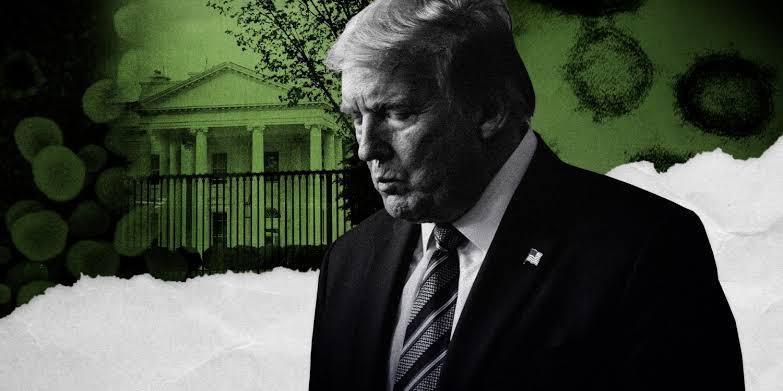The quandary facing the New York judge in Trump’s sentencing is a crucial test of the judiciary’s role in upholding the law.
Should the legal process be paused until January 2029 simply because the people have elected a convicted person (found guilty of all 34 charges leveled against him)? Or, more pointedly, does an election victory exempt an individual from the application of laws? Should the laws bow out and meekly withdraw into sheer silence if popularity temporarily graces a convicted individual with applause and acclaim? Once upon a time, laws went mute only amidst the roar of cannons; are the laws now to fall silent simply because a convicted person has found fleeting favor with the masses?
Of course, many post-colonial societies oft grapple with this complex issue. We are well acquainted with the frequent spectacle of law as a pliant shield for the powerful rather than a steadfast sword to challenge them. We often experience the fluidity of roles, where overnight, the prosecutors can become the accused, and the accused replace the new prosecutors.
Overnight, the law becomes a sentencing sword against those out of power and a safeguarding shield for those in power.
Observe the rich irony here—those who often tutored the post-colonial world about the need to develop the rule of law are now reduced to grappling with the same quandary their former tutored societies encountered. The New York judge’s answer to these complex and weighty issues will go a long way toward determining whether the self-acclaimed tutors of the world will adhere to their recurring lessons to others. And what do we find? The election victors are now openly and brazenly threatening the New York AG with new penalties if the NY team continues to uphold the law against Trump!
A very similar “third-world” sight is being observed in New York!
Let us do role reversals – and indulge in reverse tutoring of the self-acclaimed world tutors. Let us remind the tutors that a more fundamental question is also at stake before the New York judge: Can popular sovereignty be used as an argument to subvert the laws?
Mind you, these are not new questions for the self-acclaimed tutors of the world. A similar question was at stake in the Lincoln-Douglas debates of the pre-Civil War United States.
Stephen Douglas asserted the sacredness of popular sovereignty in determining whether a new state would sanction slavery or uphold freedom. If the people voted for slavery, let there be slavery in the new state – as that is what popular sovereign demanded. Abraham Lincoln, in contrast, argued otherwise. For him, the issue was whether equality under the law must apply universally to all citizens of a state (and not just the white citizens). The argument was whether the promise made in the Declaration of Independence (all men are created equal) could trump the temporary will of a fleeting majority. The New York judge must address the same question central to the Lincoln-Douglas debate: Can the fleeting majority (popular sovereignty) trump the long-term normative interest of upholding the law?
The normative issue at stake is simple: transient celebrities should not sway laws crafted to endure as the bedrock of societal stability across centuries. The surge of temporary fame must not silence the law, for what would become of justice if the legal system idly waited while the public, swayed by passing spectacles, applauded a circus of fleeting acclaim? Such submission is not precarious; it dangerously edges toward fascist indulgence, allowing charisma to distort the principles that sustain long-term societal bonds.
We have to ask the New York judge the same question that the self-acclaimed world tutors asked of us: does this signal the slow erosion of the rule of law, a troubling decay that hints at sacrificing justice on the fickle altar of popularity?
In this drift, the ephemeral roar of adulation risks drowning out the enduring voice of justice, leaving a society adrift, swayed by its most transient impulses. Such a drift could lead to a society where the rule of law no longer commands respect, and justice becomes a privilege for those with the loudest voice or deepest pocket.
As we witness yet another high-profile judicial balancing act, we are left to ponder: Does the law still stand as the ultimate arbiter of equality, or has it become a malleable performer in the grand spectacle of populist theater? The world watches, perhaps bemused, perhaps exasperated, awaiting the next act—wondering which face of justice will emerge on this all-too-public stage.
Like Portia, we can ask the New York judge: “In what predicament dost thou stand?” Poor chap!







